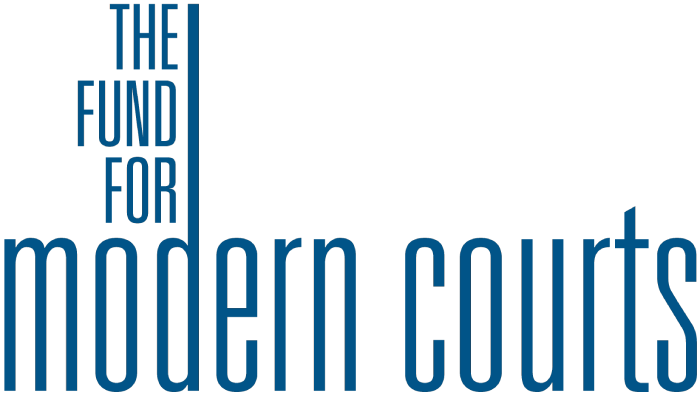United States Supreme Court
CHIEF JUSTICE ROBERTS delivered the opinion of the Court, except as to Part II.
Our Founders vested authority to appoint federal judges in the President, with the advice and consent of the Senate, and entrusted those judges to hold their offices during good behavior. The Constitution permits States to make a different choice, and most of them have done so. In 39 States, voters elect trial or appellate judges at the polls. In an effort to preserve public confidence in the integrity of their judiciaries, many of those States prohibit judges and judicial candidates from personally soliciting funds for their campaigns.
We must decide whether the First Amendment permits such restrictions on speech.
We hold that it does. Judges are not politicians, even when they come to the bench by way of the ballot. And a State’s decision to elect its judiciary does not compel it to treat judicial candidates like campaigners for political office. A State may assure its people that judges will apply the law without fear or favor—and without having personally asked anyone for money. We affirm the judgment of the Florida Supreme Court.
